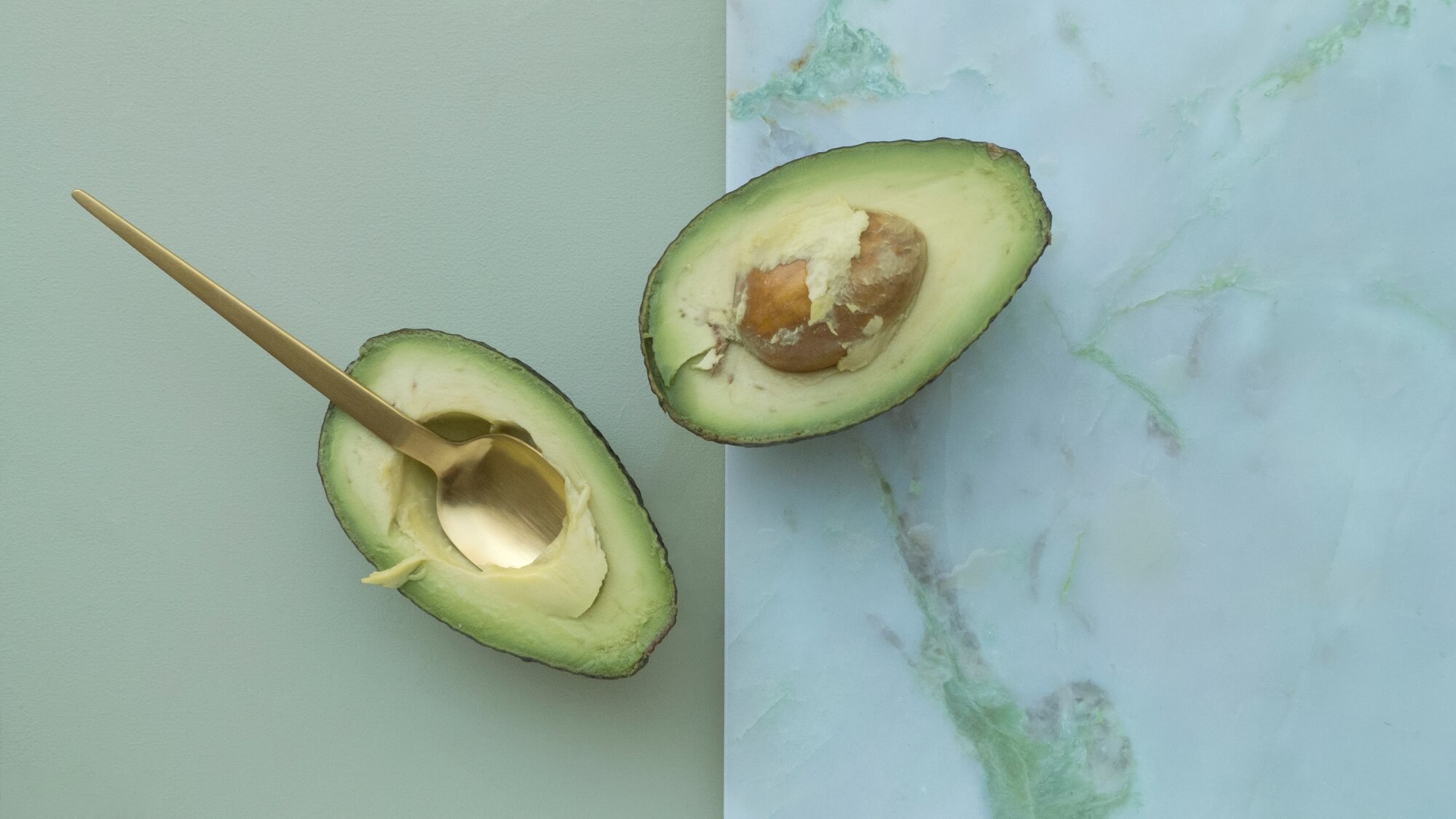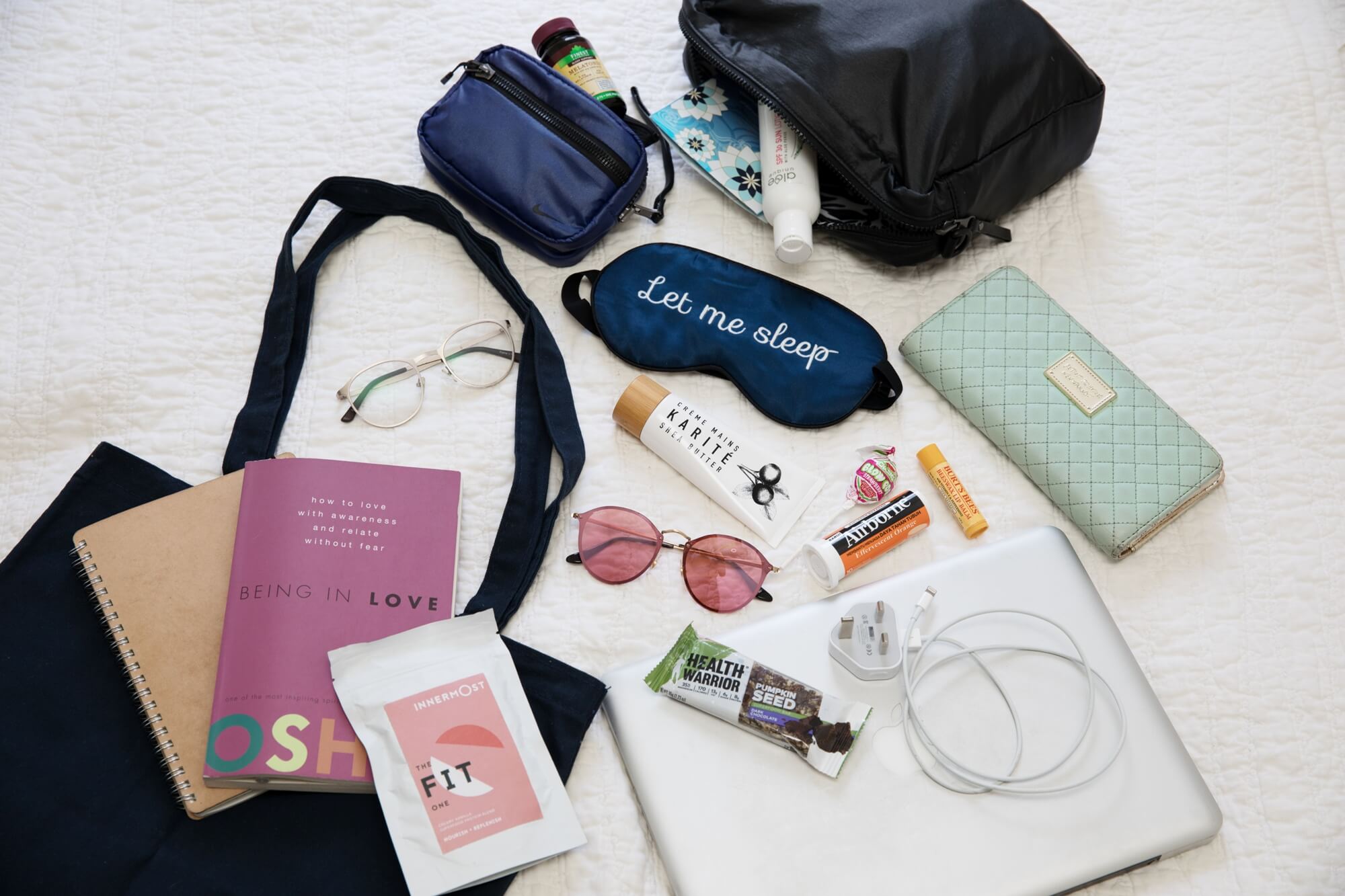I tried it: travel fasting
Could taking a food break during a flight help with jet lag and digestive woes?
I remember my first trip overseas in college: I drank endless bottles of cheap pinot grigio and ate ravioli for breakfast, lunch, and dinner all while studying landscape and architecture in Italy (and not getting very much sleep). At the time I thought my Irritable Bowel Syndrome (IBS) was a sheer stroke of unlucky genetics, and that living with unpredictable and painful stomachaches were just something I had to suck up and get over.
Since then, I’ve come to realize that my digestive issues can not only be mitigated, but almost completely controlled by diet and lifestyle. This shift has motivated my constant research and experimentation with the latest and greatest in digestive health. Which was when, while prepping for a trip to Mustique, fasting during travel for digestive benefits landed on my radar.
Yes, not eating when you’re in transit is officially trending. From bloggers like Lee from America to publications such as Shape, major players in the wellness world have been talking up taking a food break as a way to reap healthy benefits. And it turns out that the practice has some science world backing, too: One study found that fasting positively improves IBS symptoms, while a team at Beth Israel Deaconess Medical Center discovered that it can mitigate the ominous and seemingly inevitable plague of jet lag.
From bloggers like Lee from America to publications such as Shape, major players in the wellness world have been talking up taking a food break as a way to reap healthy benefits.
Of course, we’re humans, not lab rats—but there are ways to go about doing it that won’t make you hangry five hours into a flight. One of the leading guidelines comes via the Argonne Anti-Jet Lag Diet, which was developed by biologist Charles Ehret in the ’80s and consists of alternating feasting and fasting days pre- and mid-departure. Then there’s a method espoused by Patrick Skerrett, the co-author of Eat, Drink, and Be Healthy: The Harvard Medical School Guide to Healthy Eating, in which only water should be consumed from two hours before takeoff until you land at your destination.
Motivated by the thought of starting my week on the island of Mustique without my typical IBS issues (not to mention post-travel exhaustion), I decided to test out the theory myself. With a 7 a.m. flight, it meant that my last meal was the evening before departure, and I somehow survived the 12 hour flight on just H20 alone.
Verdict: It was surprisingly easy for me—and, as someone who is thinking about food 24/7, it was actually a relief to not have to worry about finding palatable food at the airport or eating whatever was served up on the plane. The downside? I was parched. I sucked down my two giant Smart Water bottles before we were halfway through the first flight and felt like a cartoon character having a Sahara-esque water mirage. So much of my hydration comes from my usual diet of fruit and veggie-dense meals and herbal teas, and without them, my body felt out of whack.
I sucked down my two giant Smart Water bottles before we were halfway through the first flight and felt like a cartoon character having a Sahara-esque water mirage.
The other thing that happened was, as soon as we landed, I felt overwhelmingly starved. (Shocking, right?) I nibbled on some in-case-of-emergency nuts and crackers I stashed in my suitcase, but I only felt truly satiated when I was able to sit down and enjoyed a real meal a couple of hours later (some local fish, natch). Over the next 24 hours I carefully observed the way I felt, trying to detect any notable differences from my last long-haul trip. And the truth is, as much as I wanted to find some incredible game-changing effect, nothing really stuck out. I had my usual mild bloat and post-travel day fatigue, but fortunately no major stomach issues to speak of.
When I mentioned it to registered dietitian Lauren McNeill, RD, she said that the digestive benefits of fasting didn’t seem to add up. “Packing nutrient- and fiber-rich food such as fruit, vegetables, nuts, seeds, or whole-grain sandwiches helps keep your stomach satisfied and your bowels regular,” McNeil explained. The other key consideration when traveling, she added, was hydration; “consume at least half of your body weight in ounces of water or herbal teas by bringing an empty water bottle in a carry-on bag and filling it once through security,” she suggested. “Implementing both of these tips will help to reduce bloating and keep bowels regular when traveling, while also keeping you nourished.”
I’ve come a long way from my cannoli-for-breakfast days, and have a pretty good grasp on the foods that make me feel my best when I’m far from home (and the ones that really set off my system). Fasting on my travel day certainly made on-the-go meal planning much easier, but I just didn’t experience enough benefits to justify the cotton mouth and hunger pangs. And so, before my return flight from Mustique, I ate a big, protein-packed breakfast in the morning, and then nibbled on a grain salad in the airport during my layover. Though it wasn’t easy finding a healthy(ish) option in the terminal, I didn’t land with a surprise IBS flare-up—and arriving home with a mellow belly was arguably the best souvenir I could have taken back from my trip.




